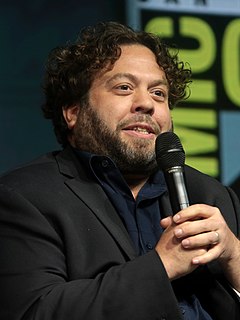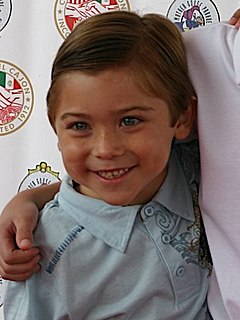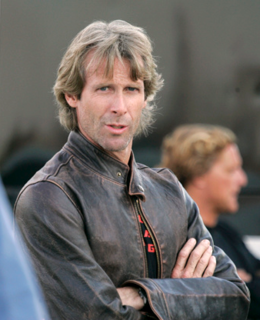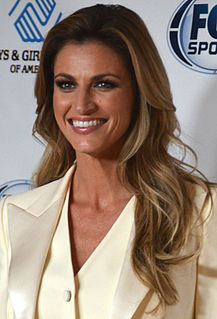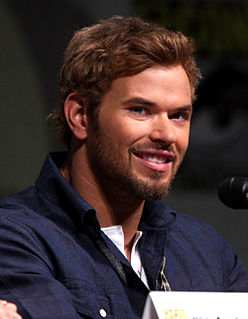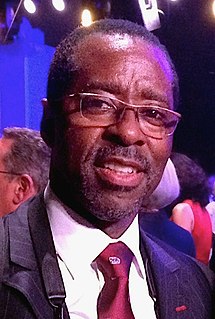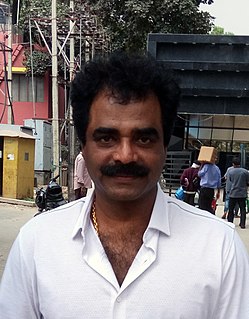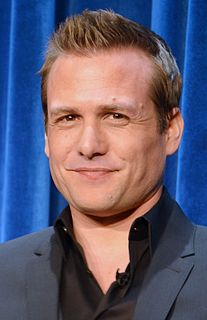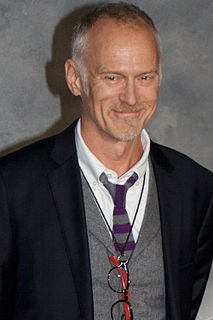A Quote by Dan Fogler
'Mars Needs Moms' was motion capture, where you walk into a space that's essentially a black box with cameras everywhere. It was so technical. You have these mandibles with cameras on your face and a helmet, and you have to hit certain marks. You couldn't shoot this stuff without the green-screen aspect.
Related Quotes
For a period of time, I carried cameras with me wherever I went, and then I realized that my interest in photography was turning toward the conceptual. So I wasn't carrying around cameras shooting stuff, I was developing concepts about what I wanted to shoot. And then I'd get the camera angle and do the job
For a period of time, I carried cameras with me wherever I went, and then I realized that my interest in photography was turning toward the conceptual. So I wasn't carrying around cameras shooting stuff, I was developing concepts about what I wanted to shoot. And then I'd get the camera angle and do the job.
When I was asked to be a part of 'The Face,' I was like, 'This is exactly what I do without cameras.' I didn't find it any different than what I usually do for young girls - giving runway tips or just explaining how the whole industry works - but now you have, like, 19 cameras on you, documenting you while you scratch your nose.
I don't ever want to do a movie where you shoot it on a motion capture stage. I just don't like taking the reality out of it. I like being on the set in real environments. I don't like shooting on green screen. I think it gives the actors so much more to play with when there's real stuff happening on the set.
The way social media is now, and people are with cameras - we all live different lives whether you're in the spotlight or not. I mean, you can't be a boss or an executive of a big time company and act a fool, because there are cameras everywhere and people are going to document it and take pictures. I'm not used to stuff like that.
